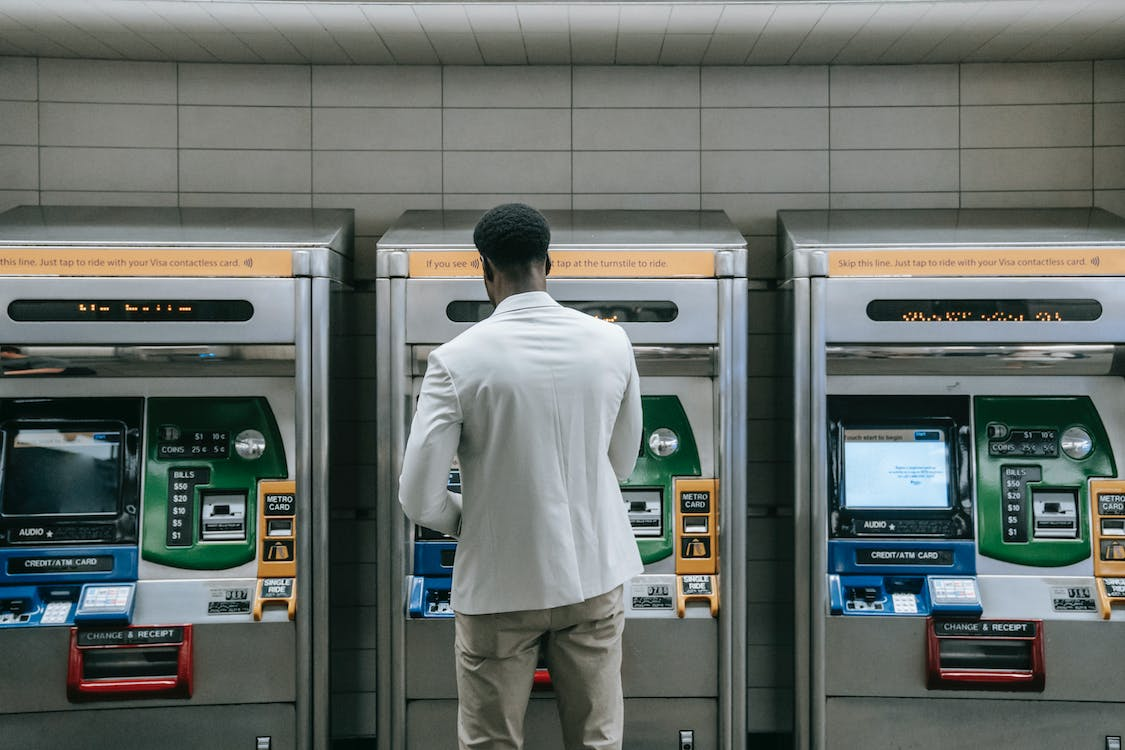A breakthrough is shaking up the traditional banking system and revolutionizing the way people approach finance. This is none other than decentralized finance or DeFi. By leveraging a decentralized blockchain, it distinguishes itself from traditional financial systems. Because of blockchain technology, DeFi can operate more effectively, cutting out intermediaries in the process. Thus, users can access a wide range of services. On top of this, such dApps are often open-source. This allows more people to participate in financial markets and contribute to the economy. Let’s dig up exactly how this new innovation promises a more inclusive, decentralized, and transparent financial system.

Decentralized lending and borrowing
Decentralized lending and borrowing have entirely changed the financial landscape, leaving no stone unturned! Unlike traditional finance, these platforms empower borrowers and lenders to transact without intermediaries like banks. Through smart contracts, lending and borrowing become more efficient, transparent, and open to all.
It’s no wonder that DeFi has witnessed the astounding growth of platforms like Aave, Compound, and MakerDAO. These offer a plethora of benefits for borrowers. For instance, they can use their crypto holdings as collateral, gain interest on unused assets, and even earn rewards for contributing to the platform’s liquidity.
One clear disadvantage of the traditional financial system is its bureaucracy. It can therefore be slow and complicated, with endless paperwork. Enter decentralized lending platforms, which make the process less tedious, eliminating the need for multiple collateral checks. As a result, it reduces the time and effort needed to borrow funds.
Decentralized exchanges
Decentralized exchanges (DEXs) are genuine game-changers in the finance world, revolutionizing how people trade cryptocurrencies. DEXs enable users to exchange crypto assets directly without being tied to a centralized platform. And because they work through smart contracts, they can ensure greater transparency and security.
Platforms such as Uniswap, Sushiswap, and PancakeSwap have also become popular with traders. These DEXs offer a range of trading pairs and liquidity pools, providing users with a one-stop shop for all their exchange needs.
Additionally, in conventional, centralized finance, traders typically wait for eons to execute a trade and pay expensive trading fees. But decentralized exchanges do away with these, providing a hassle-free, inexpensive, and rapid alternative.
Decentralized asset management
Decentralized asset management platforms are creating another DeFi revolution, overturning traditional banking norms. They empower almost anyone to invest in various DeFi protocols, tokens, and assets without relying on a centralized fund manager. Balancer, Curve, and Yearn Finance are some platforms driving financial inclusivity. Using smart contracts and algorithms can automate the investment process and promote security and efficacy.
In a traditional banking system, investors might experience costly processes with fees. Then there’s the limited control because users must rely on centralized fund managers. In contrast, decentralized asset management platforms offer a paradigm shift with greater transparency and control. As a result, users feel more empowered to invest directly in decentralized protocols and assets.
If you intend to take DeFi’s advantages a notch higher, there are cutting-edge financial institutions that provide even more robust security infrastructure. For instance, there’s Xapo Bank in Gibraltar, one of the world’s most trusted and stable financial hubs. A pioneer in digital banking, Xapo Bank holds one of the largest global Bitcoin reserves, ensuring the highest levels of protection.
Enhanced accessibility and inclusivity
DeFi is creating a new financial landscape where accessibility and inclusivity are paramount. This transformative force opens financial markets to anyone with a WiFi connection and a digital wallet, not just the privileged few. For example, decentralized lending and borrowing platforms eliminate the need for credit checks and geographic barriers. Similarly, DEXs provide a direct way for users to trade cryptocurrencies regardless of financial status.
Yet, this financial inclusion is more critical in developing countries, where conventional banking systems are inaccessible to many. DeFi platforms can now offer financial services to folks previously left out of traditional finance. Thus, they now have a chance to participate in the global economy.
Challenges and risks
The benefits of DeFi and its impact on the financial landscape are undeniable. But it does come with certain drawbacks. Scalability tops the list, particularly because the ecosystem is still in its infancy and is incapable of withstanding global adoption.
Another significant challenge is security since DeFi is susceptible to cyber-attacks and exploits. For instance, in 2020, a hacker exploited a vulnerability in the bZx decentralized lending platform, causing the loss of $350,000 in cryptocurrency.
In addition, as decentralized platforms aren’t regulated like traditional financial institutions, users may bear substantial risks. In turn, this could tarnish their financial status. Although DeFi offers greater access and inclusivity, regulatory protection is absent. This suggests the critical need for new strategies to combat the possible risks.
The bottom line
The impact of DeFi goes far beyond transforming traditional banking systems. It’s also changing how people view finance and money, making them more accessible, inclusive, and transparent. As its ecosystem matures and more individuals embrace it to meet their financial needs, DeFi could potentially elevate the banking sector.
It is important to note, however, that DeFi brings some challenges and risks along with its many benefits. Scalability, security, and regulation are some of the more critical risks. And this will require developers, investors, and regulators to effectively work together as the ecosystem evolves.
As the DeFi market continues to boom, it will be critical to strike a balance between managing the risks and nurturing its growth. This will ensure the technology delivers on its promises while minimizing end-user risks.
For more ways to leverage DeFi and secure your digital banking, visit the blog of VPNchecked today!




